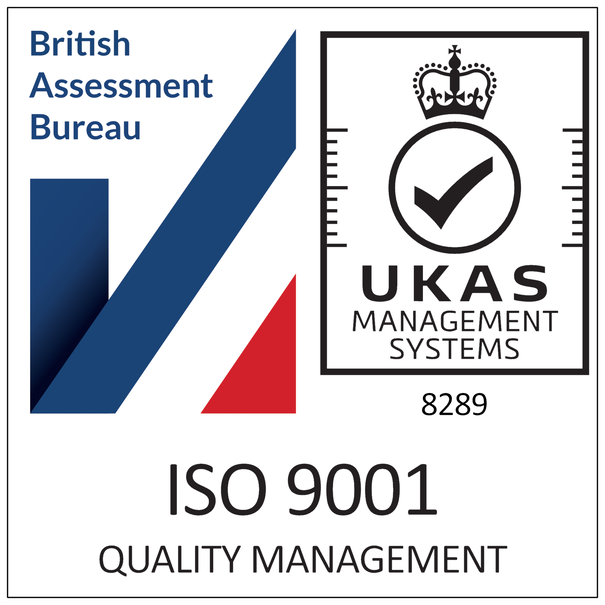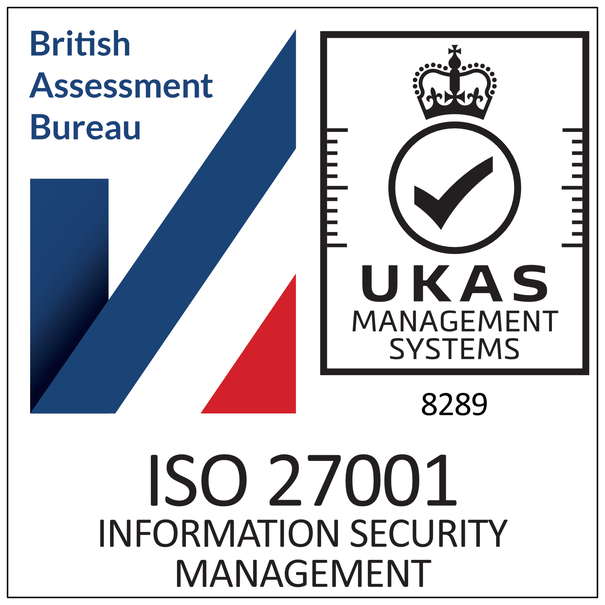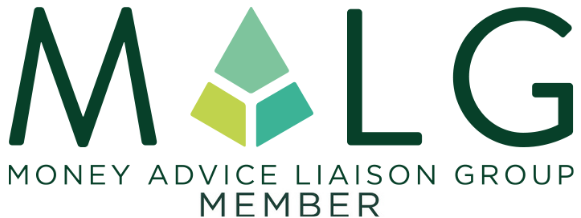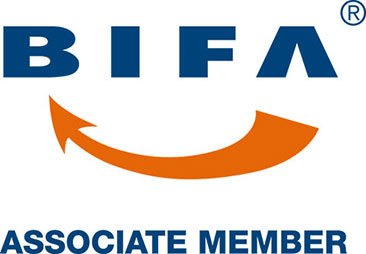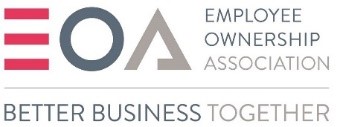
Late payments are so ingrained in UK business culture that we now readily seem to accept them as a challenge of the job.
Research from the credit agency Experian showed that businesses with more than 500 staff admitted to settling their invoices an average of 31.5 days later than their agreed terms, and small to medium sized companies are facing the same problems, with bills being settled on average 21 days later than agreed.
When your company is not paid on time and you fail to take action on late payments, the impact on your cash flow can be traumatic so it is essential that you maximise your cash flow by being quick to act. Knowing your rights, and acting decisively, can make all the difference. However almost 60% of businesses are put off taking action on late payment through fear of offending customers and damaging their reputation according to a recent survey, which revealed that despite having the legal right to claim late payment compensation, 58% of small to medium sized businesses would not do so due to concerns that this will upset their customers and lead to loss of business.
People worry about maintaining goodwill, but businesses forget that goodwill is a two-way street. Your customer is taking advantage of the good will by paying late; the due date is the date the payment should have arrived, it is not the date to start thinking about it. Too many businesses have a policy of not taking payment seriously until they have received a final demand. So, it’s down to you to stand firm and collect what is owed to you.
Here we look at some reasons why SME’s need to get tough and act on late payment.
It’s rightfully yours.
Chasing customers for late payment can be unnerving but it is important to remember that you are legally entitled to payment. You supplied a product or service for an agreed cost and therefore money owed is rightfully yours. You are totally within your rights to do what you need to collect payment. If charging late payment interest encourages customers to pay promptly then there is no reason why your business shouldn’t utilise this tool.
Time is of the essence.
Often the longer a debt goes on, the harder it can be to recover so it is essential to waste no time in chasing it up and taking action. It can be easy to hold off chasing late payment in the hope that the customer will make the decision to pay without prompting but unfortunately many people will look at stalling in making a payment for as long as possible. So, it’s down to you to not give them any opportunities to avoid paying. Contact your customers as soon as an invoice exceeds its terms, reminding them of their commitment to pay you and your company procedures should they decide not to. Being firm and showing that you are taking the matter seriously and there are consequences to non-payment, can sometimes we enough to encourage an outstanding invoice to be settled.
Do exercise your rights.
If a customer is simply not responding to professional, polite reminders for payment, then they will need a firmer approach. Especially with persistent offenders, charging late payment interest can be effective in persuading them to settle outstanding monies owed, along with acting as a deterrent in the future if you continue to work with them. Once a customer is fully aware that you will not tolerate late payment again, they may be less likely to stall payment and more likely to keep within agreed payment terms.
Sometimes it’s better to stop working together.
Whist most SMEs rely on each and every customer and repeat business to keep them going, sometimes it’s worth considering which ones are just not worth keeping. Do not let the fear of losing customers force you into accepting poor payment practices. It can be a hard decision, especially where there is a long-standing relationship or high value in their custom, but collecting money timely from consistent and secure customers, is more valuable to your business in the long run. Although striking the balance can be hard, it’s always worth considering just how valuable a customer is if they aren’t going to pay.
Protect your business’s future
By allowing anxiety to prevent you from acting on late payment, you are essentially making the decision to preserve a customer relationship over protecting your business’s future. Once invoices exceed credit terms, your cash flow is impacted and you can fall behind on your own payments, putting strain on your day-to-day activity. Claiming late payment interest is a way to off-set additional cost so your business is not affected as much by overdue invoices. It is key to communicate clearly from the beginning of a business relationship, that late payment compensation will resolutely be claimed if payments become overdue. This should be included in all terms and conditions. Therefore when an invoice exceeds terms, the customer will not be surprised that this is enforced as they are aware from the outset what they have signed up to.
Sometimes, despite all the efforts made by a company themselves to recover debts owed to them, they are just not successful, which is where enlisting our help comes in. Controlaccount has been successfully collecting commercial and consumer debt on behalf of leading brand names, small and mid-sized businesses, public and not-for-profit organisations for forty years. Our debt collection methods are ethical, effective and transparent, with a focus on improving business cash flow, whilst preserving your customer relationships and reputation.
Our services can be delivered on a no collect, no fee arrangement and working within applicable statutes and regulations including the Late Payment Commercial Debt Act 1998.
Get in touch today to discuss your requirement – we’d be happy to help!





